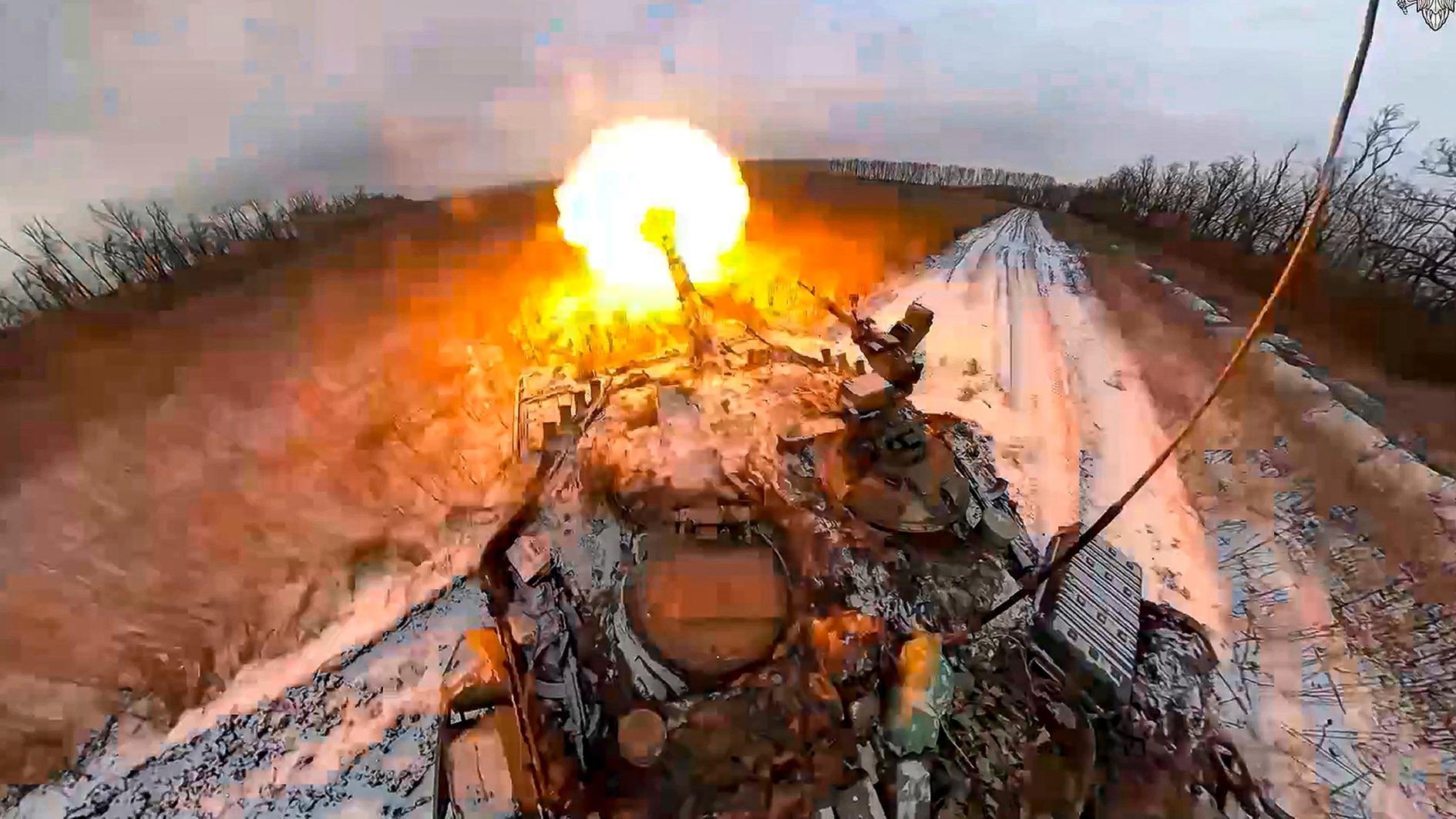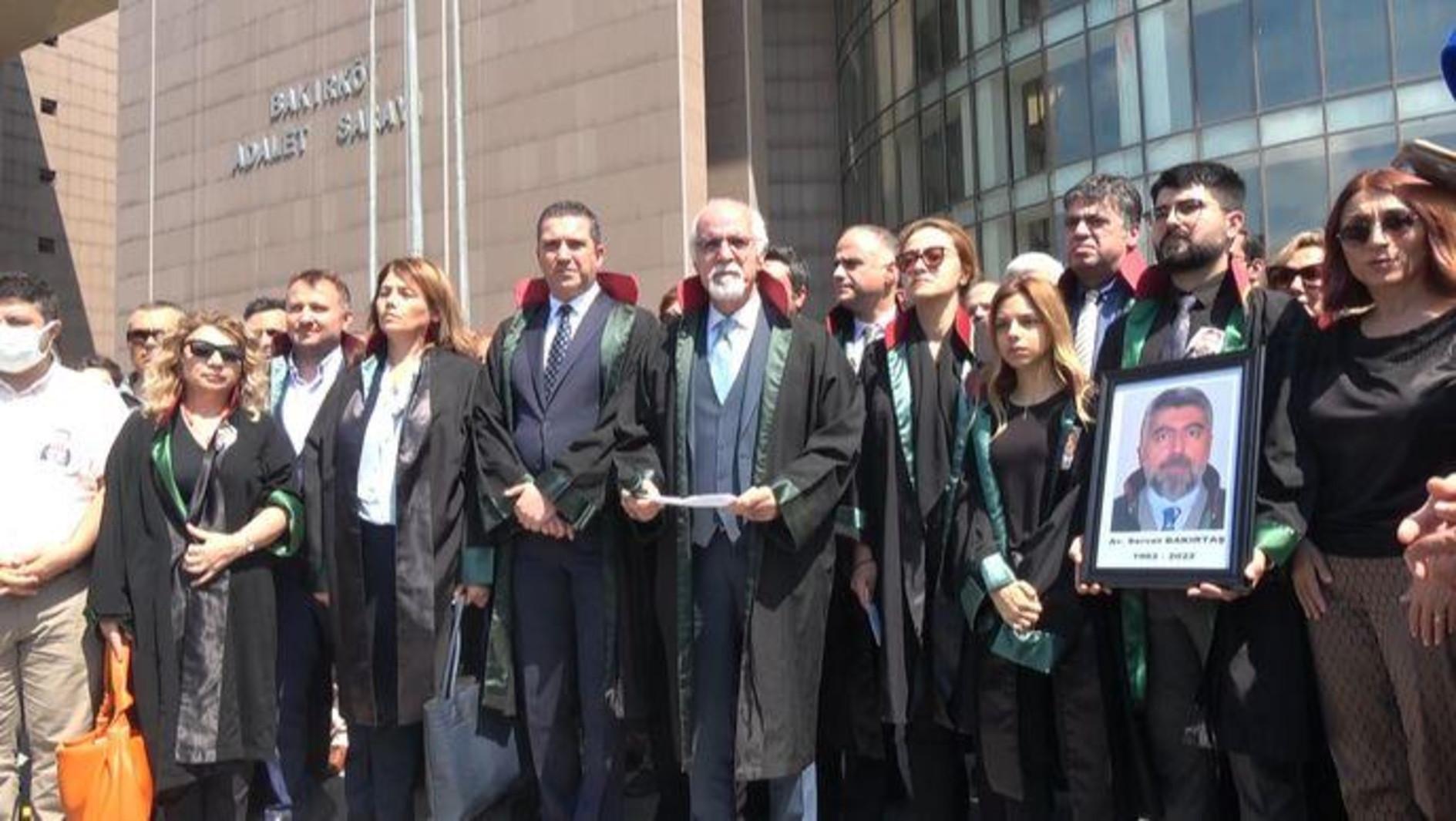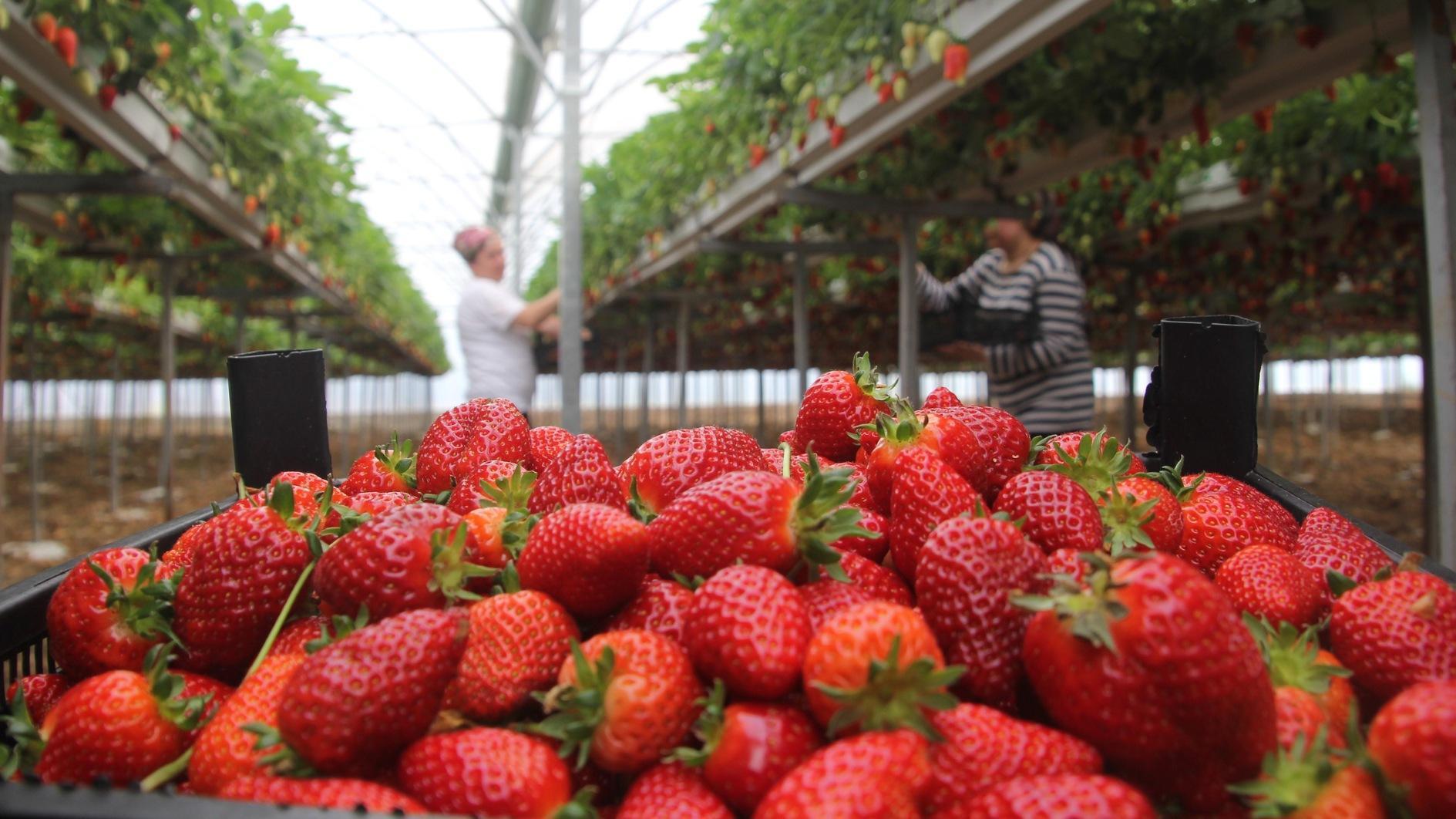Russia begins voting as Ukraine steps up border attacks
MOSCOW

Russia began voting on Friday in an election set to prolong President Vladimir Putin's rule by six more years, as Kiev branded the vote a "farce" and launched a barrage of deadly attacks on border regions.
Kiev has launched some of its largest air attacks on Russia this week ahead of the vote.
Ukraine's air force said Russia fired 27 Iranian-style drones and eight missiles at its territory overnight.
In a statement on social media, it said: "27 out of 27 Shaheds were destroyed."
Russia's defence ministry said it intercepted five Ukrainian drones and two rockets over the Belgorod border region and the Kaluga region, southwest of Moscow.
Officials in Moscow warned against any protests during the March 15-17 presidential vote, after calls from the opposition for anti-Putin demonstrations on Sunday.
The Kremlin says the vote will show that the country is fully behind his assault on Ukraine and polling stations have been set up in Russian-held territories.
Ahead of the election, Kiev ramped up its aerial bombardment of Russian regions just across their shared border.
And the Russian national guard said it was fighting off attacks from pro-Ukrainian militias in Kursk, the latest in a string of border clashes.
"I am convinced: you realise what a difficult period our country is going through, what complex challenges we are facing in almost all areas," Putin said in an address to Russians on the eve of the vote.
"And in order to continue to respond to them with dignity and successfully overcome difficulties, we need to continue to be united and self-confident."
Polling stations opened in Russia's easternmost Kamchatka peninsula at 8:00 am local time on Friday and are set to close at 8:00 pm (1800 GMT) on Sunday in Kaliningrad — a Russian exclave bordering Poland and Lithuania.
'Border clashes'
All of Putin's major critics are dead, in prison or in exile, and authorities blocked the few genuine competitors who tried to stand in the contest.
Alexei Navalny, Putin's most high-profile opponent over the last decade, died in February in an Arctic prison colony. He was serving 19 years for "extremism", a sentence widely seen as retribution for his campaigning against the Kremlin leader.
Moscow prosecutors warned against protests during the election.
"The organisation of and participation in these mass events are punishable by virtue of the legislation in place," they said in a statement posted on Telegram.
Navalny's widow, Yulia Navalnaya, has called for rallies outside polling stations on Sunday, the final day of voting.
Kiev has this week launched some of its most significant aerial attacks since the start of the two-year conflict.
The governor of Russia's Belgorod region, Vyacheslav Gladkov, said that at least three separate waves of aerial attacks had killed two people, wounding several others.
He accused Ukraine of trying to "sow panic, distrust, anger and resentment, in order to break the unit of our society".
Pro-Ukrainian paramilitaries also claimed to be escalating attacks and incursions in Russian border regions.
In a joint statement, three pro-Kiev volunteer groups — claiming to consist of anti-Kremlin Russians who have taken up arms — called on authorities to evacuate civilians from the regions of Belgorod and Kursk.
"Civilians should not suffer from the war and any casualties in the process of fighting will be on the conscience" of the regions' governors, they added.
Russia has denied militias' claims to have gained ground.
The national guard said its units had beaten back one such attack near the village of Tyotkino in Kursk.
The defence ministry said it had fended off another by Ukrainian forces trying to enter Belgorod via the village of Spodariushino, without saying when the clash had happened.
'Not to stray'
Election victory will allow Putin to stay in the Kremlin until at least 2030, a longer spell in power than any Russian leader since Catherine the Great in the 18th century.
He called on Russians to use the vote to show their unity behind his leadership.
"We have already shown that we can be together, defending the freedom, sovereignty and security of Russia," he said in a video message, flanked by flags of the Russian tricolour and the president's state insignia.
"Today it is critically important not to stray from this path," he said.
Early voting was already underway in occupied territories of Ukraine. The vote will also take place in Crimea, the peninsula annexed by Moscow in 2014 — a move that most of the international community refuses to recognise.
U.S. State Department spokesman Matthew Miller condemned the voting in Russian-held areas.
"The United States does not and will never recognize the legitimacy or outcome of these sham elections held in sovereign Ukraine," he said.
In the Russian-controlled Ukrainian city of Mariupol, election officials on Thursday opened pop-up polling stations at small tables in the street and on the hoods of cars.
Banners were unfurled sporting a red, white and blue "V" logo — an army symbol used as a sign of support for the military offensive.
Ukraine's foreign ministry on Thursday urged the international media and public figures "to refrain from referring to this farce as 'elections' in the language of democratic states".
Borrell warns coming months 'decisive' for war
EU foreign policy chief Josep Borrell warned Thursday that the Ukraine war could be decided in the coming months, urging during a visit to Washington for allies to rush aid to Kiev.
"It's this spring, this summer before autumn that the war in Ukraine will be decided," Borrell told reporters Thursday afternoon.
After a stop in New York to address the U.N. Security Council, Borrell was visiting the US capital for meetings with Secretary of State Antony Blinken, among other events.
Borrell said that in all his meetings, he has stressed the consequences of what a Russian victory in Ukraine would be.
If President Vladimir Putin "wins this war and conquers Ukraine and puts a puppet regime in Kiev — as the one we already have in Belarus - he will not stop there," Borrell said.
"The next months will be decisive," he said, adding that "whatever has to be done, it has to be done quickly."
















